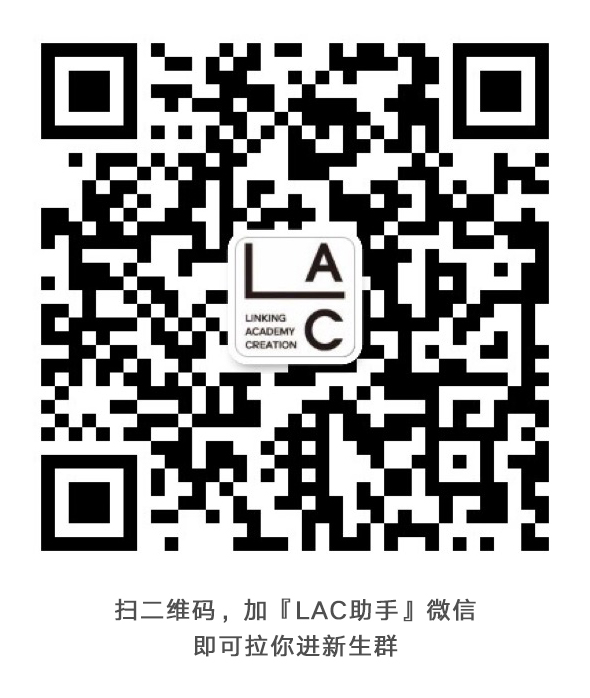
This programme is based around three streams of modules. A hands-on project-based stream entitled Delivering Urban Change is designed to allow you to put into practice the knowledge gained through two other streams, Understanding Urban Change and Managing Urban Change.
The programme offers the opportunity to study overseas for one term in the second year as part of the degree. The school has long-established links with many universities in Europe including Spain, Germany and the Netherlands as well as a growing list in the USA and the Asia-Pacific including universities in Hong Kong and in Melbourne.
In addition to core modules shared between all our three programmes, the programme offers specialist modules in rural planning (Beyond Cities), Urban Form, Urban Design, Regeneration, Transport Policy and Planning.
A Levels:
Grades: ABB
Subjects: No specific subjects.
GCSEs: English Language and Mathematics at grade C or 5. For UK-based students, a grade C or 5 or equivalent in a foreign language (other than Ancient Greek, Biblical Hebrew or Latin) is required.
IB Diploma:
Points: 34
Subjects: A score of 16 points in three higher level subjects, with no score lower than 5.
Personal Statement:
We will look for evidence of your interest in our subject in your personal statement. We hope to see demonstrable interest in, and understanding of, the links between urban planning and design, as well as an ability to write coherently, communicate effectively, think critically, and understand and solve complex problems. We will also assess your use of English. Although desirable, we do not require applicants to have previously studied art or design-based subjects.
Essay:
You may be asked to submit an essay in support of your application.